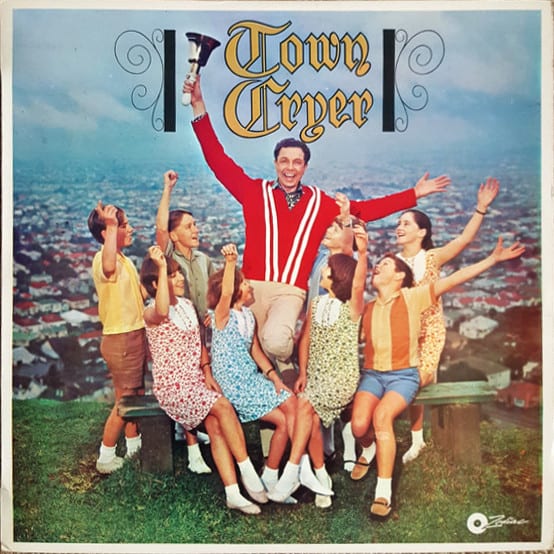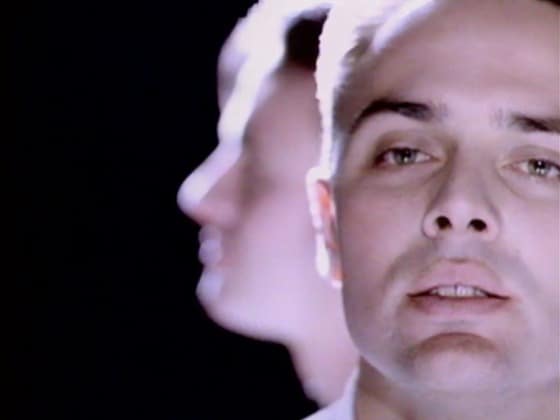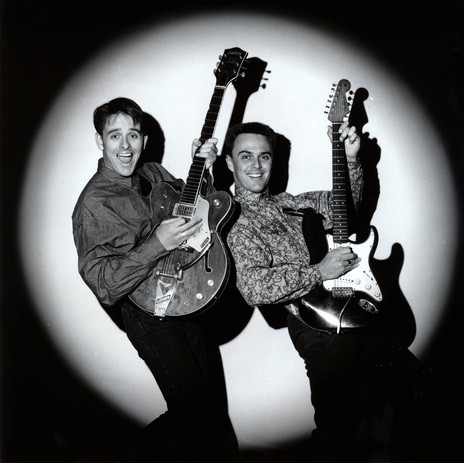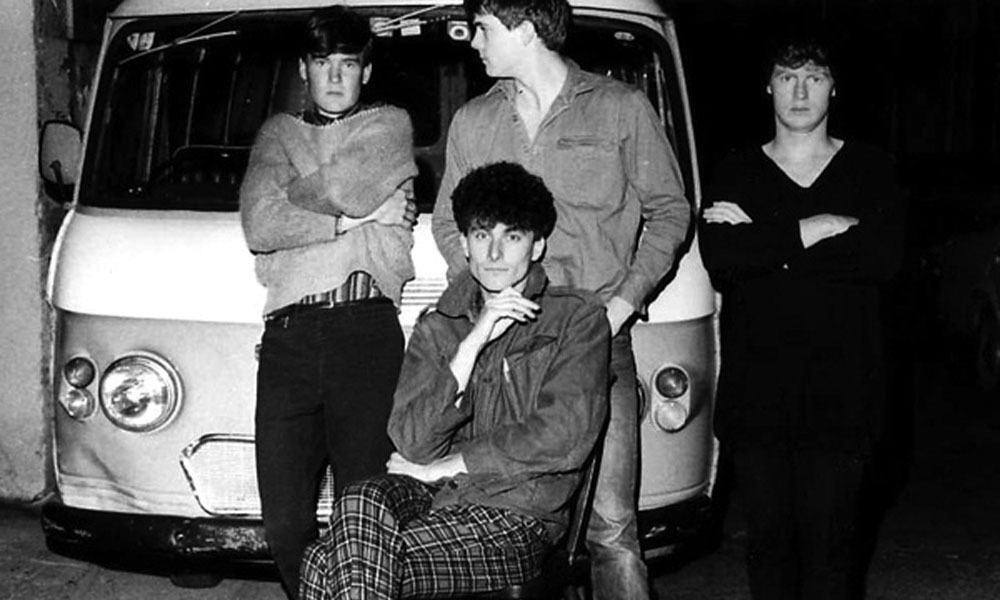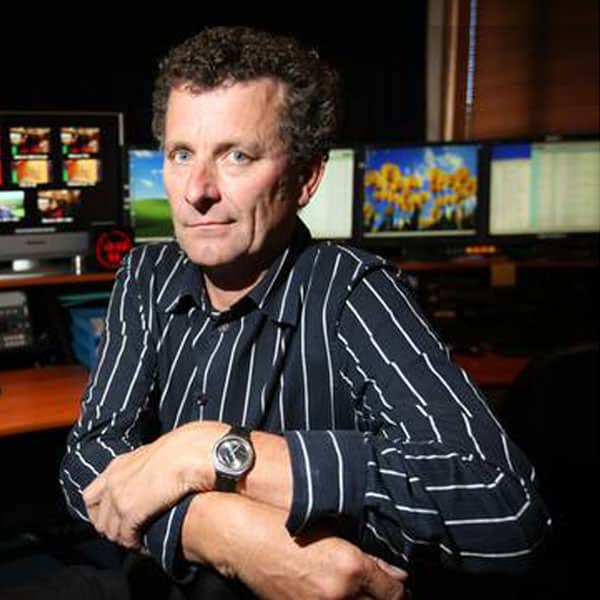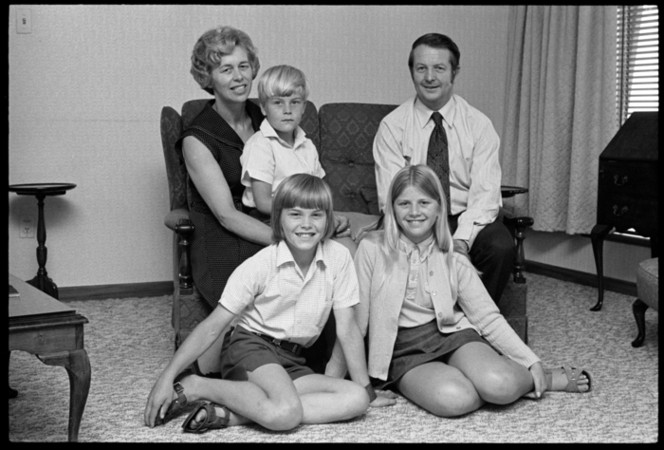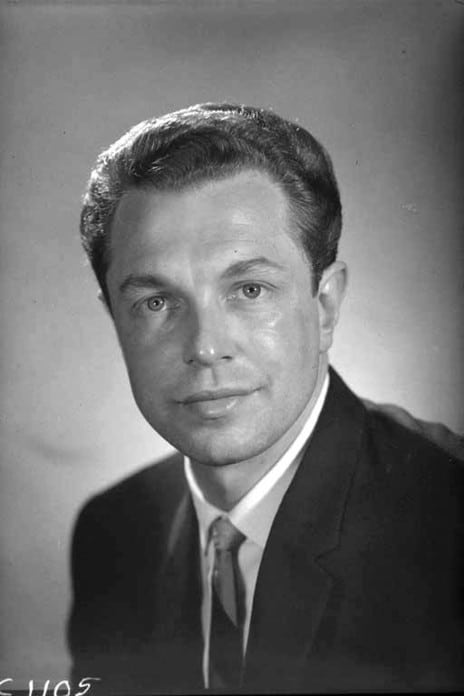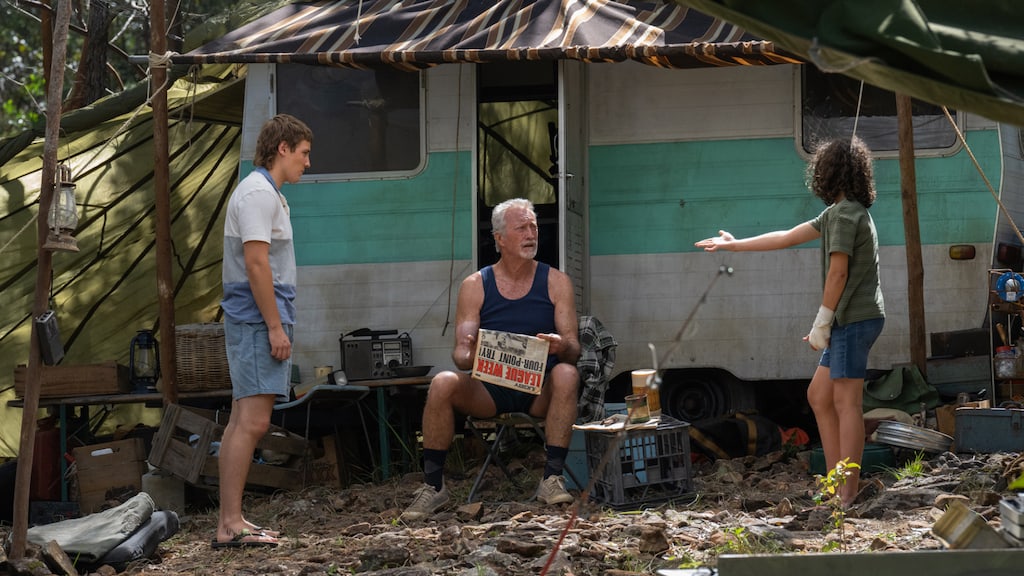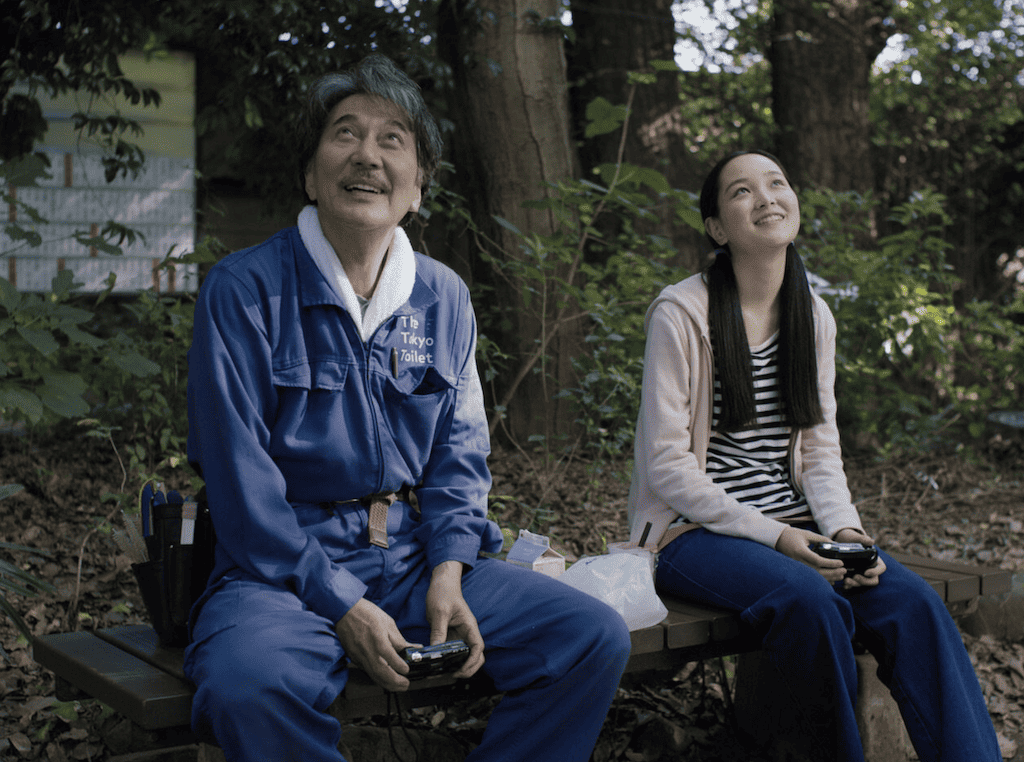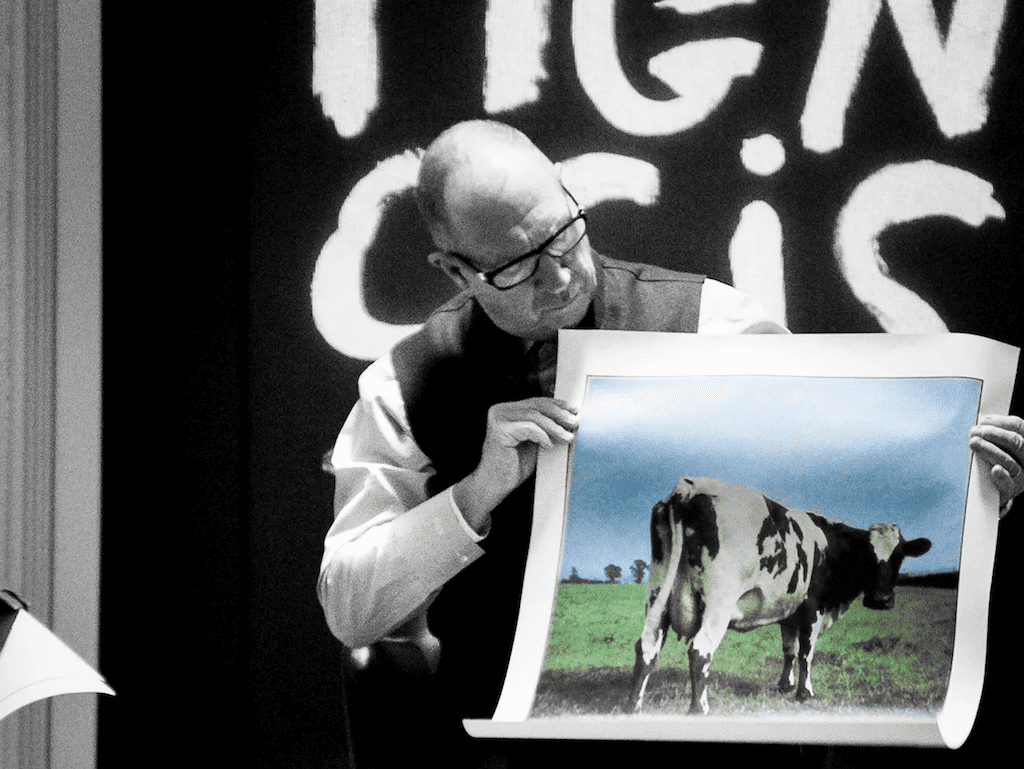In March 1994 GARY STEEL wrote an epic feature in which he tracked down Kiwi notables whose celebrity star had faded or been truncated. Here’s the unexpurgated version.
What happens after the last curtain call, the last bow to an adoring audience, when the lights are dimmed one final time? When fame fades away, where do the flickering, falling stars go? And how do they get back down to earth? Gary Steel rediscovers 13 New Zealanders who have been touched by fame’s magic wand.
My big sister just about wet her pants every time he came on the telly. This object of young lust had long shiny hair, boyish good looks, and a voice to charm angels. Seriously swoonsome.
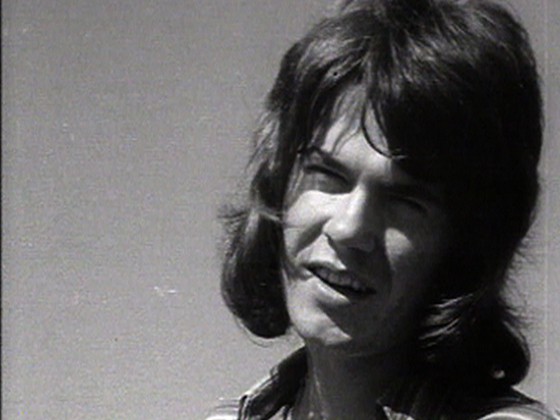 His name was Craig Scott, and between 1970 and 1974 this Dunedin hunk was the biggest homegrown teen pinup dream ever. The song, ‘Star Crossed Lovers’, and the national television and radio exposure that followed, resulted in a screaming teen mania usually reserved for overseas stars. But it was all too brief.
His name was Craig Scott, and between 1970 and 1974 this Dunedin hunk was the biggest homegrown teen pinup dream ever. The song, ‘Star Crossed Lovers’, and the national television and radio exposure that followed, resulted in a screaming teen mania usually reserved for overseas stars. But it was all too brief.
Would you like to support our mission to bring intelligence, insight and great writing to entertainment journalism? Help to pay for the coffee that keeps our brains working and fingers typing just for you. Witchdoctor, entertainment for grownups. Your one-off (or monthly) $5 or $10 donation will support Witchdoctor.co.nz. and help us keep producing quality content. It’s really easy to donate, just click the ‘Become a supporter’ button below.
Today, Scott is the very image of a middle-aged businessman, having lost the boyishness and put on pounds but mercifully, still boasting a full head of hair. He’s the big boss at Warner Home Video in Auckland, and you wouldn’t recognise him. Not that he gives a toss. The way Scott sees it, he’s been on a roll for 24 years, and it’s all been happy-happy joy-joy. Life is peaches and cream. And fame? Well, he keeps the memories wrapped up warm; a sort of good luck charm.
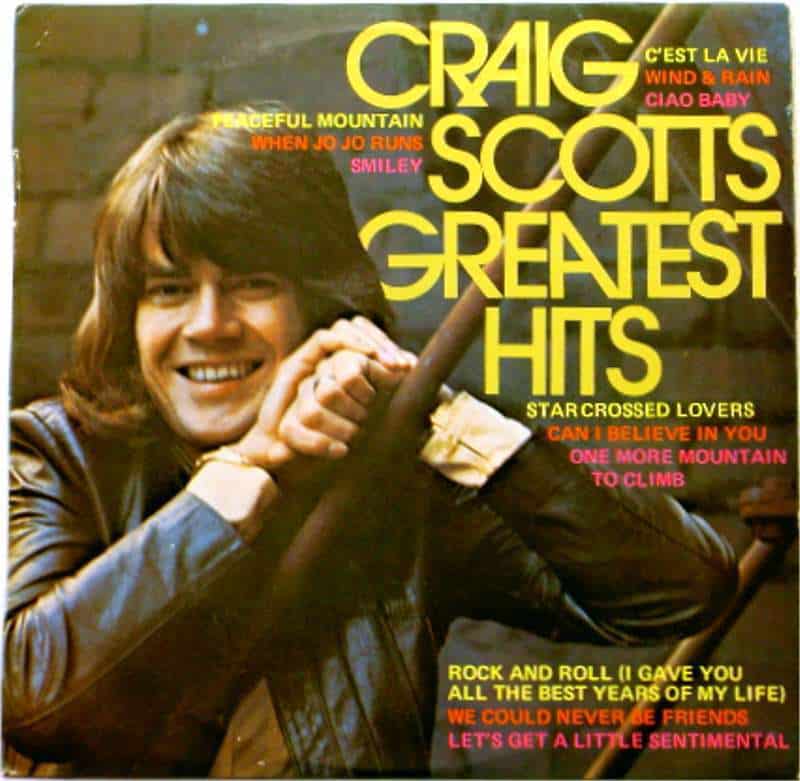 By the mid-‘70s Scott had thrown away his teen following and gone for the mainstream jugular with ultra-bland, ultra-successful light entertainment television series’ like Sing.
By the mid-‘70s Scott had thrown away his teen following and gone for the mainstream jugular with ultra-bland, ultra-successful light entertainment television series’ like Sing.
“But by the end of the ‘70s I had achieved all the goals that were pinnacles of showbusiness success,” says Scott. “There were no other awards to get or television shows to do. And to repeat it all overseas was no more of a challenge… I had no great desire to repeat myself.”
https://www.youtube.com/watch?v=bHU8EXWc840
What to do? It was never a problem, Scott claims. He formed a promotions, booking and management company which, at one stage, saw the somewhat ludicrous sight of Mr Light Entertainment himself on the road with punk rockers Toy Love.
“I thought, ‘My God, I’m going to have to tour with this wrist-slashing maniac (Chris Knox) and all these weird bastards’, but it was the most fantastic tour, they took me into their hearts, and it was just like brother and sister out on the road!”
Ironically it was through this business, and subsequently as a self-acclaimed pioneer of the video rental industry in New Zealand, that Scott got to use the financial skills he had picked up in his first and only normal job:
“I always had a fine eye for financial detail, which came from the 18 months that I actually worked in a proper job, for the National Bank in Dunedin!”
“I thought, ‘My God, I’m going to have to tour with this wrist-slashing maniac (Chris Knox) and all these weird bastards'” – Craig Scott
For Scott, life is about achievement, not fame, and he sees his time in the spotlight as just one of his achievements.
“To have attracted 15,000 kids to a park in Palmerston North on my own is a great achievement for me. But to stand up at the Video Awards last year to pick up the main distributor of the year award is equally exciting, because I know I have a major role in that achievement.
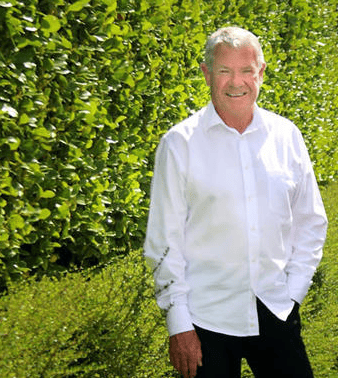 “Things change, life goes on”, says Scott, happily married for 22 years to the woman he met when he was 15. “The memorabilia of my time in the business is not displayed in our house and never has been. The kids can listen to it if they want to go into the darkest, dingiest corner and bring out the mountains of bloody scrapbooks and things. But we never talk too much about it.”
“Things change, life goes on”, says Scott, happily married for 22 years to the woman he met when he was 15. “The memorabilia of my time in the business is not displayed in our house and never has been. The kids can listen to it if they want to go into the darkest, dingiest corner and bring out the mountains of bloody scrapbooks and things. But we never talk too much about it.”
As for my sister, Craig Scott was soon replaced in her affections by hairier, wilder, worthier rock demi-gods.
+ Craig Scott ended up moving to Arrowtown and getting into real estate.
Meet Tina Cross and Debbie Harwood. Babies came along to burst their fame bubble.
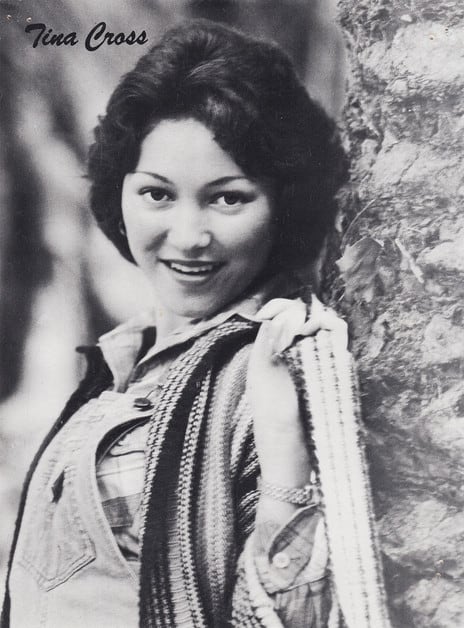 Tina Cross was New Zealand’s pride and joy during the late ‘70s. Discovered on Opportunity Knocks, Ready To Roll regular, winner of the ’79 South Pacific Contest with the hit ‘Nothing But Dreams’. The pretty, wholesome teen was a singing, dancing sensation… until she moved to Australia in 1982 and faded from sight.
Tina Cross was New Zealand’s pride and joy during the late ‘70s. Discovered on Opportunity Knocks, Ready To Roll regular, winner of the ’79 South Pacific Contest with the hit ‘Nothing But Dreams’. The pretty, wholesome teen was a singing, dancing sensation… until she moved to Australia in 1982 and faded from sight.
“I was a little homegirl living with Mum and Dad in Otara before I went to Australia, and what experience had I even had at flatting?” says Cross today. “When I went to Australia I was definitely reaching for the stars. I wanted to push myself and see how far I could go. My major ambition was to look for a record deal, and it took me about four years.”
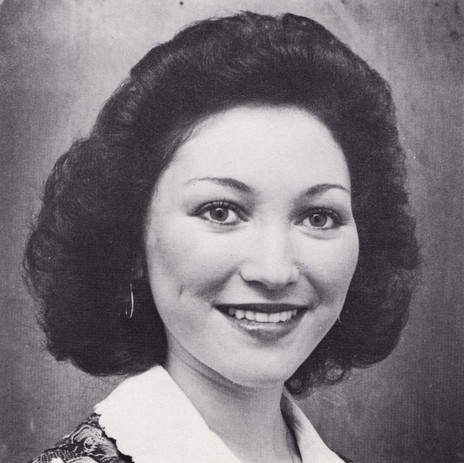 Cross formed Koo-De-Tah, a rock band, which achieved a small measure of success.
Cross formed Koo-De-Tah, a rock band, which achieved a small measure of success.
“That existed for about four years, but I found the lifestyle and the touring really tough. Touring for eight months in a row working the pubs and clubs… I just didn’t have the stamina for it. I had voice problems and needed to have about a year off.
“I’ve never been a huge rager, or a drinker or a smoker,” says Cross, who finally packed her bags for home in 1990, bringing with her a new husband and a baby boy.
Her son Sean is now four, and one-year-old Leah is a more recent addition to the North Shore family household. But Cross hasn’t re-established herself in the New Zealand public eye. Instead, she has busied herself behind the scenes, and maintains that her ego isn’t at all bruised by her lack of profile. What happened to the career?
“I got into the studio scene, where you just go in and sing a jingle and, whammo, you’re finished,” says Cross. This involves singing on advertisements for chocolate bars and ice-blocks.
“People don’t really hear about the corporate work, because it might be launching a new Corolla” – Tina Cross
“On the live side my work is 99 percent corporate,” she says. “I perform at product launches, seminars and conventions. People don’t really hear about the corporate work, because it might be launching a new Corolla. I’ve found since I’ve had my second little one that I don’t really want to do anything but the really good class jobs.”
Ah, the little ones. “My little boy’s at kindy now and, quite honestly, you can get quite frazzled. That’s part of being a mum and still having a career. I also have a husband who’s extremely busy with his own business, so I don’t really get any help from him on the domestic front.
“At times I’ve thought I’m going to have to stop singing to concentrate on being a good mother, but in actual fact I’m better at both when I’ve got the balance.”
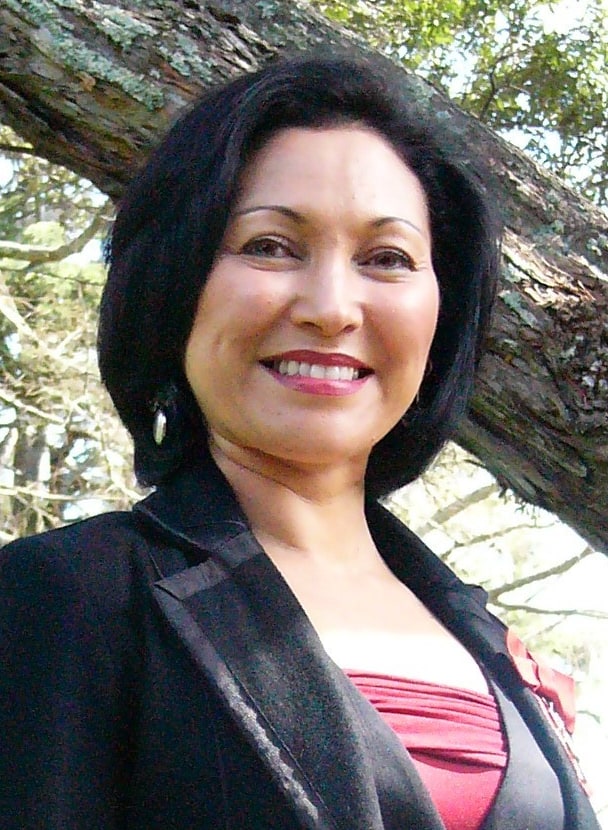 Balance is a word Cross uses a lot, because she feels that, regardless of her low profile, that she has achieved a balance that makes her very happy.
Balance is a word Cross uses a lot, because she feels that, regardless of her low profile, that she has achieved a balance that makes her very happy.
“I don’t miss being in the public eye. I’ve just grown into the situation I’m in, but people still remember me, and I still get booked, and it suits me fine. I don’t have to be famous. I can enjoy what I’m doing and I don’t have to have stars above it. I’ve come back to New Zealand and I’m just very comfortable within myself.”
But who knows? Cross could be back on the top 10 sooner than she thinks. The Shortland Street theme tune – which she sang – is about to be released in a remixed version!
+ Tina Cross returned to music, and released her latest album in 2014.
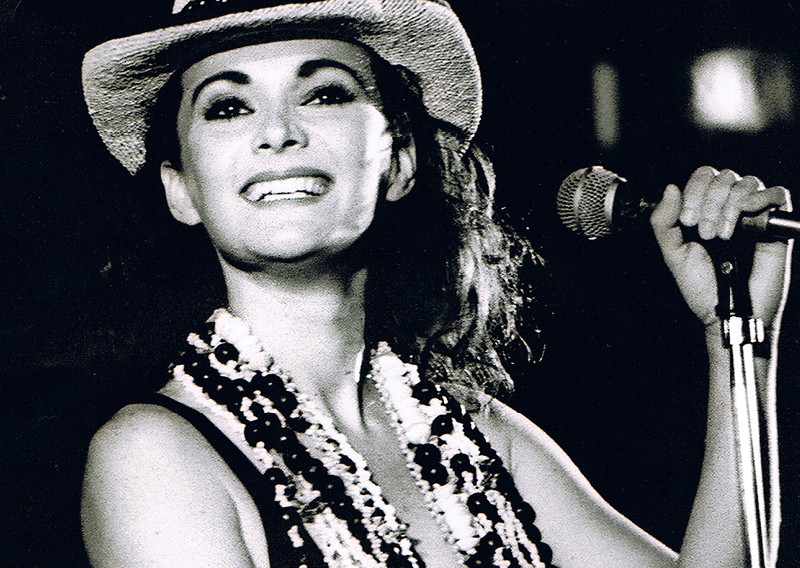 Former When The Cat’s Away singer Debbie Harwood would be most unpleased to see the group’s megahit, ‘Melting Pot’, given the remix treatment. In fact, she’s grossly embarrassed by the whole thing and desperately wants to be remembered for something more substantial.
Former When The Cat’s Away singer Debbie Harwood would be most unpleased to see the group’s megahit, ‘Melting Pot’, given the remix treatment. In fact, she’s grossly embarrassed by the whole thing and desperately wants to be remembered for something more substantial.
“You don’t dictate what you’re famous for,” says the singer, now back in Devonport after a couple of years in Melbourne, where she did a stint touring as backing vocalist for Diesel and Jimmy Barnes.
“I had eight years of doing original music and working really hard and earning no money,” says Harwood. “The Cat’s Away thing was just a good laugh with the girls, something lighthearted, a rest from all that hard work and turning up to play for crowds of as little as 12 people!
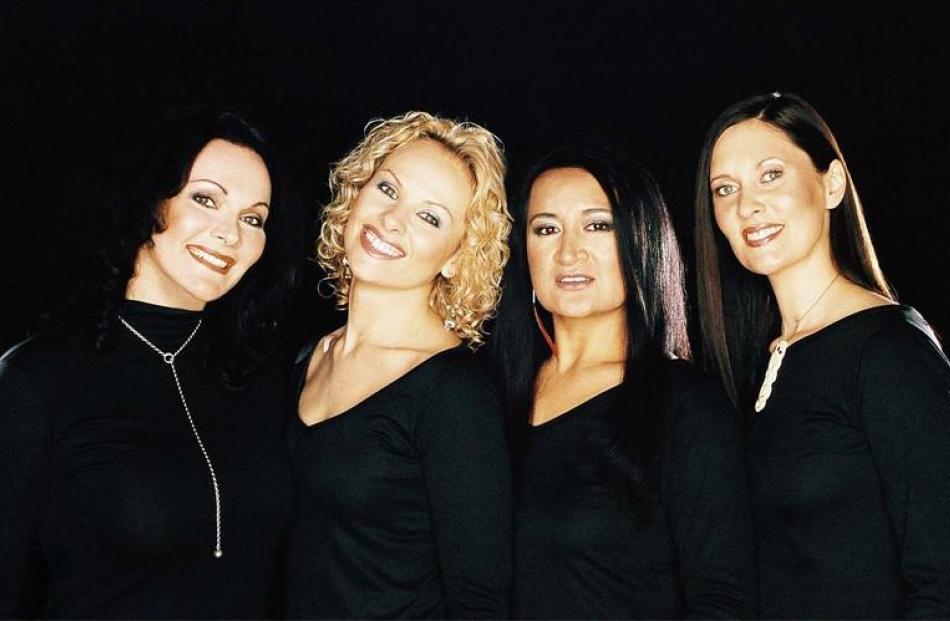 “And suddenly we were HUGE, and we were labelled as a covers band and came in for a lot of criticism. We were embarrassed about it, and to top it off during that period where suddenly we were playing in front of audiences of 4000, I had nodules on my throat that were the size of chickpeas, so my vocals were some of the worst I’ve done in my life!”
“And suddenly we were HUGE, and we were labelled as a covers band and came in for a lot of criticism. We were embarrassed about it, and to top it off during that period where suddenly we were playing in front of audiences of 4000, I had nodules on my throat that were the size of chickpeas, so my vocals were some of the worst I’ve done in my life!”
“I had nodules on my throat that were the size of chickpeas, so my vocals were some of the worst I’ve done in my life!”
Since the fame bubble burst with the dissolution of When The Cat’s Away, as with Tina Cross, family has been Harwood’s first priority: she has a four-year-old son Marlon and two-month-old daughter, Gala Georgette with her husband, songwriter Rikki Morris.
“I’ve always been a nomad and it’s interesting to settle,” she says. “I love being on the road, and it’s taken me a long time to get used to it, but being housebound with children is okay.
 Harwood also claims not to miss the public’s attention one iota: “I’ve enjoyed being out of the limelight. I get asked to go on Wheel Of Fortune and things like that, and they pay you so I do it! But I always say to them, ‘But I’m not actually doing anything at the moment!’ I don’t want to be famous for being famous!
Harwood also claims not to miss the public’s attention one iota: “I’ve enjoyed being out of the limelight. I get asked to go on Wheel Of Fortune and things like that, and they pay you so I do it! But I always say to them, ‘But I’m not actually doing anything at the moment!’ I don’t want to be famous for being famous!
“I’ve only recently joined an acapella group, four women called Fly Off The Handle. Absolutely no profile, but it’s wonderful, original music, and we only play for an hour, so I can sing and still be a mum!”
+ 2021 update – Debbie Harwood returned to the music scene, and despite having had serious health problems, continues an active role.
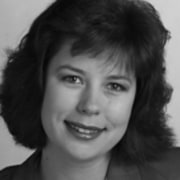 Also cutting back on her professional responsibilities for the sake of the kids is – until recently – sports journalist/presenter Cathy Campbell.
Also cutting back on her professional responsibilities for the sake of the kids is – until recently – sports journalist/presenter Cathy Campbell.
“I have a small child and working like I did in television – lots of weekend work – prompted the change. I made a resolution in the middle of last year to look at my lifestyle. Television is very demanding. It’s great if you’re single or don’t have children, and I really admire people who can combine it all with children for a long period of time.”
“I especially won’t miss it when my child’s having a tantrum on the street or pulling things off supermarket shelves” – Cathy Campbell
Campbell – whose easy professionalism and cheery face made her a popular sports front person over her eight years with TVNZ – has opted out of television to take a three-day a week job as Public Relations Director for the Regent Hotel in Auckland. She’s not missing the public attention?
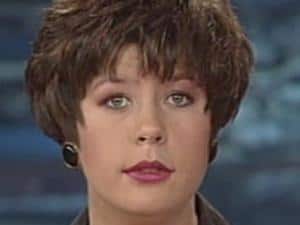 “Oh, not at all! I especially won’t miss it when my child’s having a tantrum on the street or pulling things off supermarket shelves! What I’m hoping is that my life will be a lot calmer, more peaceful! I certainly will enjoy being a bit more anonymous.
“Oh, not at all! I especially won’t miss it when my child’s having a tantrum on the street or pulling things off supermarket shelves! What I’m hoping is that my life will be a lot calmer, more peaceful! I certainly will enjoy being a bit more anonymous.
“The chance of going somewhere for an intimate dinner is virtually nil still. I must admit I just love going somewhere with people like Sean Kirkpatrick or John Kirwan, because NOBODY pays me attention!”
+ 2021 update – Cathy Campbell went on to start her own public relations company, but sadly died at 49 from a brain tumour in 2012.
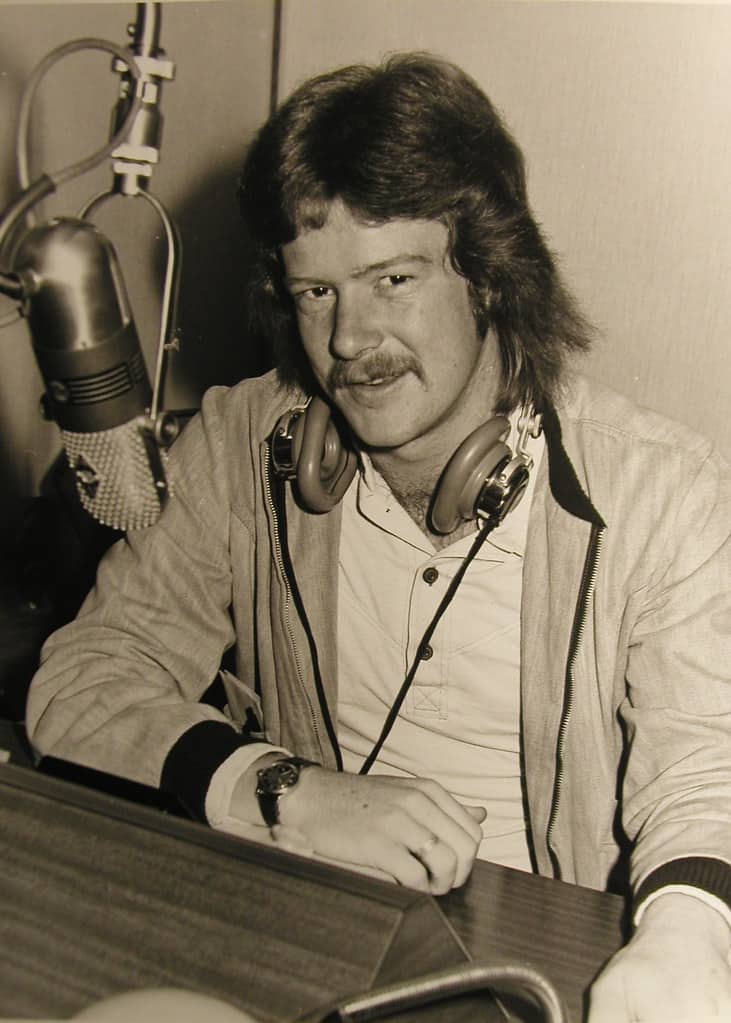 Someone who didn’t relinquish his television role quite so happily is smooth-talking ex-Sale Of The Century host, Steve Parr. When TVNZ quashed the show at the beginning of last year, Parr had just moved to Christchurch and bought his dream home, and at the time there was some bitterness expressed about the severance of his employment.
Someone who didn’t relinquish his television role quite so happily is smooth-talking ex-Sale Of The Century host, Steve Parr. When TVNZ quashed the show at the beginning of last year, Parr had just moved to Christchurch and bought his dream home, and at the time there was some bitterness expressed about the severance of his employment.
But hey, right now he’s standing in the Canterbury sun in the backyard of his expansive section, and things are just great-great-GREAT! In fact, Parr has about a million things on the boil. Such as?
“I don’t think I’ll string myself from the nearest six-storey building if television work dried up completely.” – Steve Parr
Well, there’s his own promotions company; running corporate quizzes and in-house game shows for conferences and seminars; he’s marketing manager for a new “combination low flow oil well refinery, diesel generation and waste disposal energy system” (strewth!); setting up a project that will combine “Olympic sports facilities, 200-bed hotel and international feature film and television production unit”; negotiating the rights to several feature films and TV movies; and down there in the wild South, Parr has also “done a complete 13-part series on house renovations” for Canterbury Television; oh, and don’t forget the ongoing Noel Leeming TV ads!
Yes, he did enjoy being upfront on a high-rating TV job. But: “I don’t think I’ll string myself from the nearest six-storey building if television work dried up completely. You have to take a completely philosophical view when you’re in television, because your life on top or on-screen is so tenuous, and can be remarkably short.”
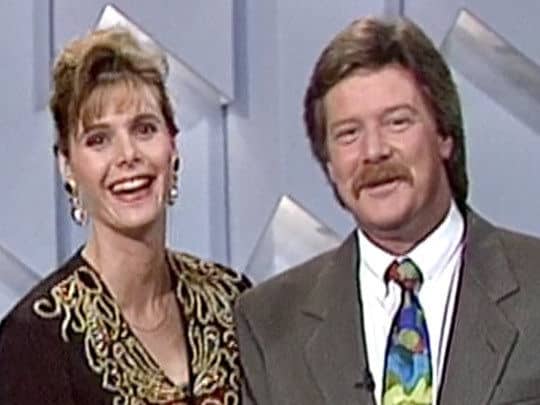 But he doesn’t accept that he’s faded from the public eye. “People who live in the Auckland region think you’ve faded away, because you’re not appearing IN Auckland. If you do it in the South Island, it doesn’t get the publicity up in Auckland. The media there either don’t hear about it, don’t know about it, or don’t care about it. That doesn’t worry me. I’m not a publicity junkie.”
But he doesn’t accept that he’s faded from the public eye. “People who live in the Auckland region think you’ve faded away, because you’re not appearing IN Auckland. If you do it in the South Island, it doesn’t get the publicity up in Auckland. The media there either don’t hear about it, don’t know about it, or don’t care about it. That doesn’t worry me. I’m not a publicity junkie.”
Parr says he’d love to get back on national television, though, if the opportunity arose. “Especially these days you have to take things as they come, and it’s very difficult to make long-term plans. If you hear of anything…”
+ 2021 update – Steve Parr ended up getting into real estate and elevated photography.
It’s easy to get disillusioned with television. One day the whole country is enduring your ever-present face, and the next day some boffin decides to dump you.
Television personalities are not famous in the usual sense, though; they’re FAMILIAR. We feel as though we know them on a first-name basis because they come into our homes every night.
Rikki Morris and Dick Driver are both former pop stars and sometime TV presenters well-known to their respective specialist audiences, and both of them harbour some bitterness about television.
Spiky-topped singer Rikki Morris hit the top of the charts in 1989 with the classic pop sounds of ‘Nobody Else’. Numerous accolades followed, including winning an APRA Silver Scroll award for songwriting, and before long Morris was hosting afternoon kiddie programme 3.45 Live. Then Mushroom Records in Melbourne signed him up as a recording artist. Longterm prospects beckoned, and Morris spent the next couple of years shacked up with Crowded House in Melbourne.
“It flips me out when I think, ‘Hold on a minute, I had a Number 1 single, so what am I doing playing at a wedding?’” – Rikki Morris
But it all went horribly wrong. “The guy who signed me up left the company just as the first single was released,” says Morris. “Once he left, there was nobody batting for me.”
The upshot? Having waited around for a couple of years for his career to ‘happen’, Morris was dumped.
“It was very frustrating, but I feel much better doing what I’m doing now than sitting around in Melbourne pretending to be a pop star,” says Morris. So, what IS he doing?
“Weddings parties anything! Playing mostly solo gigs armed with an acoustic guitar. Sometimes it flips me out when I think, ‘Hold on a minute, I had a Number 1 single and I was doing alright there, so what am I doing playing at a wedding?’ But then I think, I’m making a good living, I’m paying the bills. And it’s been good for me. It’s toughened me up and got my voice sounding really good.”
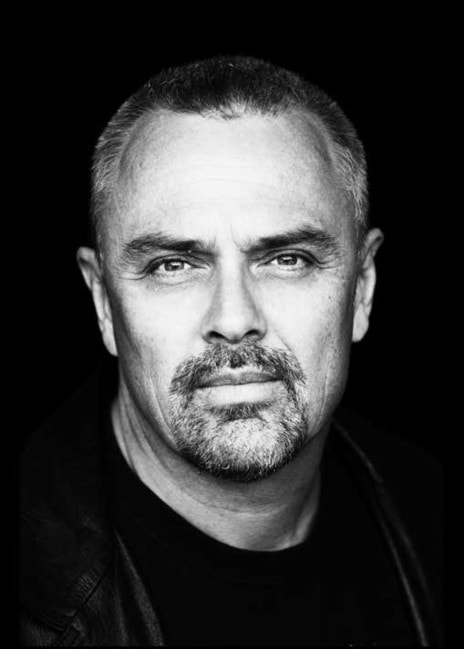 Morris – who is married to singer Debbie Harwood – was the co-host (with Jude Dobson) of last year’s abysmal health series Alive & Kicking, which now appears to have kicked the bucket itself, and he’s happy to see the last of it:
Morris – who is married to singer Debbie Harwood – was the co-host (with Jude Dobson) of last year’s abysmal health series Alive & Kicking, which now appears to have kicked the bucket itself, and he’s happy to see the last of it:
“I was told Alive & Kicking was going to be this controversial, racy show aimed at the younger generation, covering stuff like abortion and sexually transmitted diseases and some real gritty stuff. But they gave us a 5 o’clock spot and we weren’t even allowed to say ‘penis’ on air! ‘Condom’ only just got through! It turned out to be propaganda for the Health Department, instead of looking at things from different angles. I got pretty disappointed with it.”
+ 2021 update – The Rikki Morris story has a life of its own so I would like to direct you to his fascinating story on the AudioCulture Kiwi music site.
Richard Driver was the lanky, energetic singer for Christchurch post-punk group called Hip Singles, before TVNZ invited him to be their hip single host on Radio With Pictures, the 1980s Sunday night show for serious rock fans.
The viewers tore him to shreds. All rock presenters get a hard time at first. But they never stopped hating Driver. And eventually, he was dumped.
“I was yesterday’s man overnight, and it did impact on me a lot,” says Driver, now producing youth TV show In focus. “I felt very low at the time because suddenly the phone wasn’t ringing, and it was compounded by the feeling that, as a rock performer and a rock show host I hadn’t done the job very well or realised my full potential, so it was a double-whammy, really!
“After my three years were up, I had developed a kind of dependency on that very false unrealness of it all. The hosting role was not challenging or rewarding or satisfying… it was just interesting to be a ‘somebody’.
“Nobody wants a failed minor rock star and dumped rock show host. What do you do? You drive a cab. That’s what I had to do.”
During the time that he was unemployed, Driver realised something of his real ambition. He made a serious documentary, Hokonui Todd, which screened on TVNZ, was acclaimed by all the right people, and even won an award at the Film And Video Festival in Chicago.
“Nobody wants a failed minor rock star and dumped rock show host. What do you do? You drive a cab.” – Richard Driver
So, what did TVNZ do when they re-hired Driver as a producer? They sent him down to do kiddie show What Now in Christchurch!
“I was pissed off, really pissed off,” says Driver. “I was only in a rock band for four years and only a rock show host for three, but because it was so visible, it’s still haunting me.”
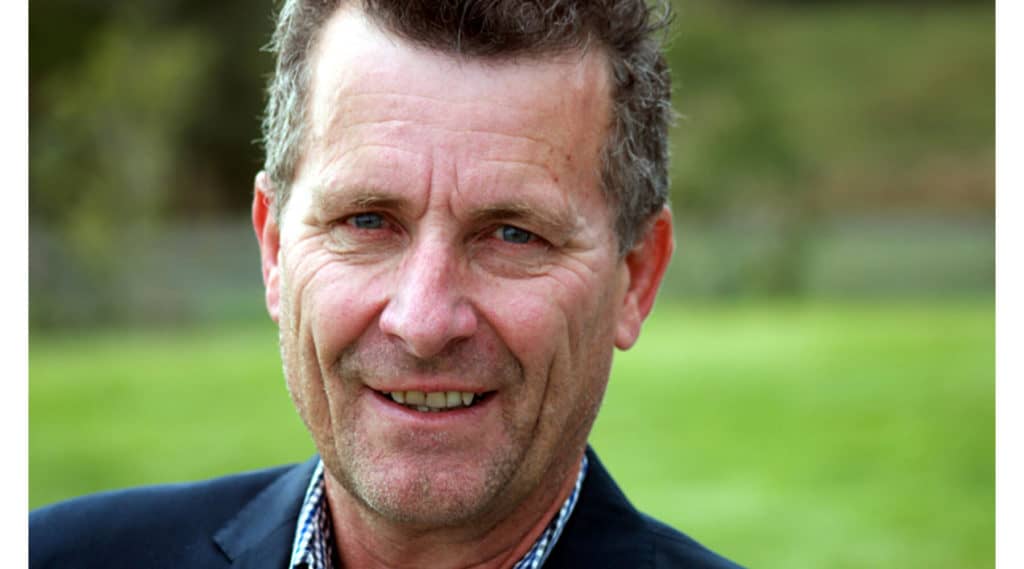 Despite having to put his ambitions on hold, Driver says he is happy with his current role. “I’m resigned to it now, and just happy to be making television. In Focus is outside of the ratings and revenue rat race. We’re free of that because we’re not a primetime show, so we can afford to make much more intelligent television. And it’s a show that is vital to a specific audience.”
Despite having to put his ambitions on hold, Driver says he is happy with his current role. “I’m resigned to it now, and just happy to be making television. In Focus is outside of the ratings and revenue rat race. We’re free of that because we’re not a primetime show, so we can afford to make much more intelligent television. And it’s a show that is vital to a specific audience.”
+ 2021 update – Richard Driver is now a well-known and respected documentary maker, producer and television consultant.
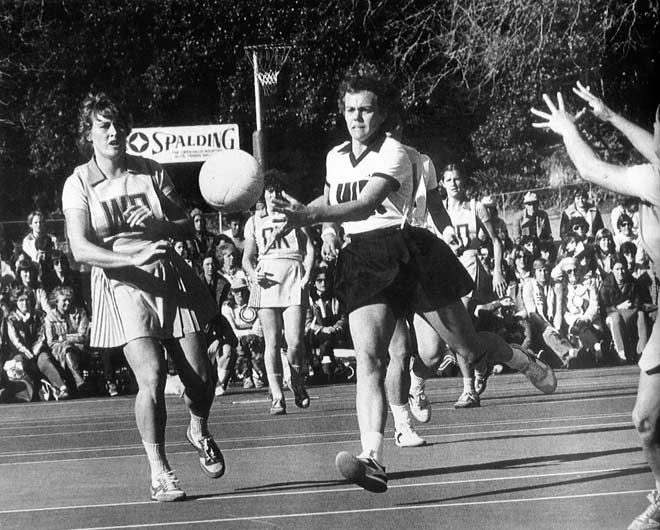 Television is not the only medium in which its stars get dumped, however. The sports world has become fiercely competitive, and in the end, you either get dumped or retire gracefully.
Television is not the only medium in which its stars get dumped, however. The sports world has become fiercely competitive, and in the end, you either get dumped or retire gracefully.
Former netball coach Lyn Parker got dumped. Who could blame her for being bitter, right? No way! Parker – one of our real sports achievers, first as a top player in the ‘70s and then as a coach in the ‘80s – says she is just relieved that it’s all over, and she can get on with her career.
Parker is the director of the Waikato Institute For Leisure And Sports Studies at Waikato University, a position she describes as “a highly intricate coordination role.”
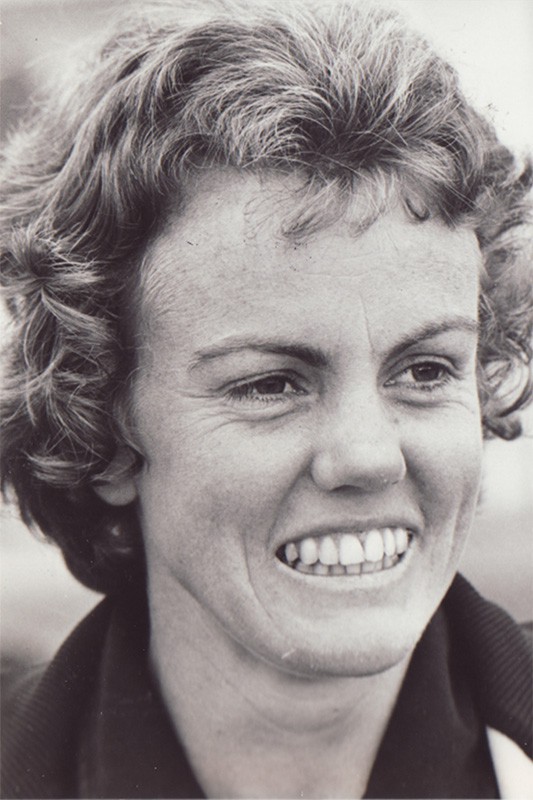 “I started out as a teacher and went into the phys ed advisory for a short time, and then we started this from scratch in 1989 and there’s quite a vision involved in it,” says Parker. “It’s quite a new initiative… the underlying principles are that we want healthy, positive New Zealanders.”
“I started out as a teacher and went into the phys ed advisory for a short time, and then we started this from scratch in 1989 and there’s quite a vision involved in it,” says Parker. “It’s quite a new initiative… the underlying principles are that we want healthy, positive New Zealanders.”
“That was just something that I happened to be doing that I achieved a bit at. It was a phase, really.” – Lyn Parker
And she is adamant that there is more satisfaction in this than in playing or coaching netball: “Oh absolutely. During that time the main proportion of my thinking during the day wasn’t associated with netball at all. That was just something that I happened to be doing that I achieved a bit at. It was a phase, really.
“When I stopped playing I couldn’t figure out how I used to have time to train, and now that I’ve stopped coaching I can’t figure out how I had the time to coach, because I was doing this job as well!”
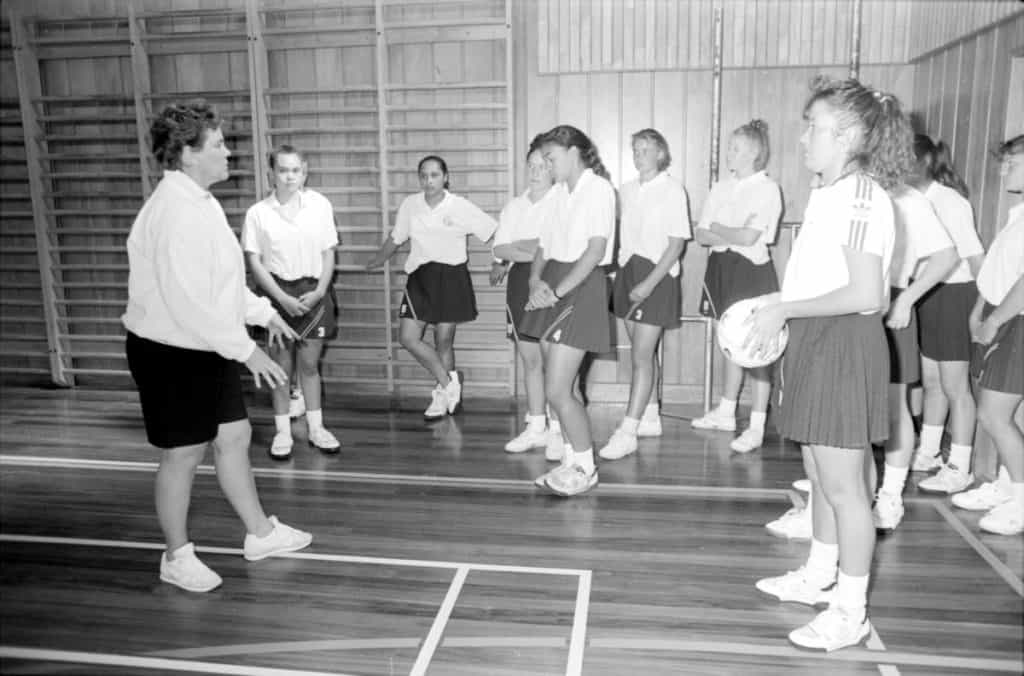 Although Parker has a reputation for a stony face and a glum personality, she obviously has a depth of character that eschews all interest in public recognition.
Although Parker has a reputation for a stony face and a glum personality, she obviously has a depth of character that eschews all interest in public recognition.
“I’ve played and coached at New Zealand level because I’ve enjoyed the contact with the players and the challenges that go with that,” she says. “For women, until recently, the challenges did not have a lot of external emphasis, outside your sport, because we didn’t have a lot of media coverage… and there’s a big difference when you have television and people can put a name to a face, so I’ve been through a lot of interesting changes for sport over the last 20 years. But what I’m very conscious of is maintaining the integrity of what you’re doing.”
And does she miss playing?
“No, not at all!”
+ 2021 update – Lyn Parker ended up returning to netball coaching and winning many accolades for her stints in the UK, especially with Team Bath.
Politicians get trashed too, of course. Former Prime Minister, Sir Wallace (“Bill”) Rowling, is now retired and living in Nelson, and the legacy of a career in politics is a bounty of both bitter and sweet memories. For every satisfying achievement, it seems, there is a negative counterpart.
“Putting the superannuation scheme in place as Minister of Finance, creating the Rural Bank which had many years of success, evolving a policy with regard to control of overseas investment in New Zealand… these were all satisfying at the time, but since then all those things have either been depreciated or destroyed. But you’ve got to accept that in politics this is likely to happen,” says Rowling.
“At the time I wrote my second budget in 1974, there were 900 people unemployed in this country!” – Bill Rowling
Did he miss the public attention after the glory days as NZ’s numero uno political figure?
“No, because on the home patch it didn’t change very much, and it wound down surprisingly slowly in the wider arena. It’s still pleasant to walk down the street in Wellington and have any number of people in the space of a hundred metres who greet you equally pleasantly… because they think they know you!
“When I retired after 22 years in Parliament, people said I would have withdrawal symptoms and would miss the place. That turned out to be completely untrue. But I have to say that I look for things to fill that space. I’m not too ego-driven, but there’s an amount of it there, and from time to time I do look for things which will capture the public attention.”
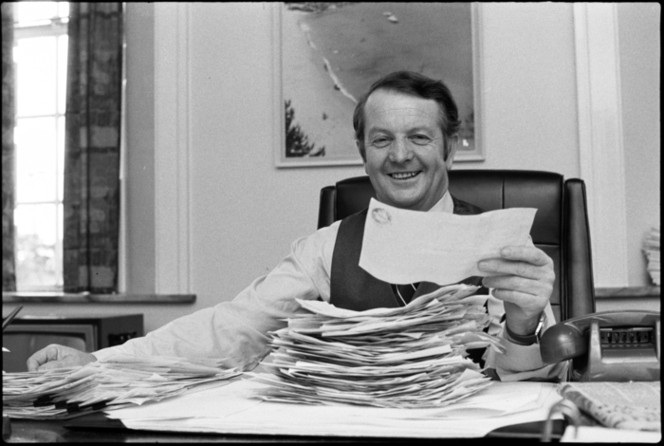 And he keeps a sharp eye on his successors in Parliament. “I find it a little difficult to stomach the great apparent pleasure and pride with which politicians say they have achieved things in terms of inflation and interest rates, when they’ve so severely damaged the lives of so many. No politician has got the right to wipe out half a generation and say, ‘but that’s because we’re going to have things better for the next generation’.
And he keeps a sharp eye on his successors in Parliament. “I find it a little difficult to stomach the great apparent pleasure and pride with which politicians say they have achieved things in terms of inflation and interest rates, when they’ve so severely damaged the lives of so many. No politician has got the right to wipe out half a generation and say, ‘but that’s because we’re going to have things better for the next generation’.
“At the time I wrote my second budget in 1974, there were 900 people unemployed in this country!”
These days, Rowling busies himself with various charity projects, and chairing any number of boards, including an integral role in the planning of the waterfront National Museum project in Wellington.
“My wife is making noises in the background,” he chuckles. “She thinks I’m over-committed.”
+ 2021 update – Bill Rowling died of cancer at 67 three years after this story was published.
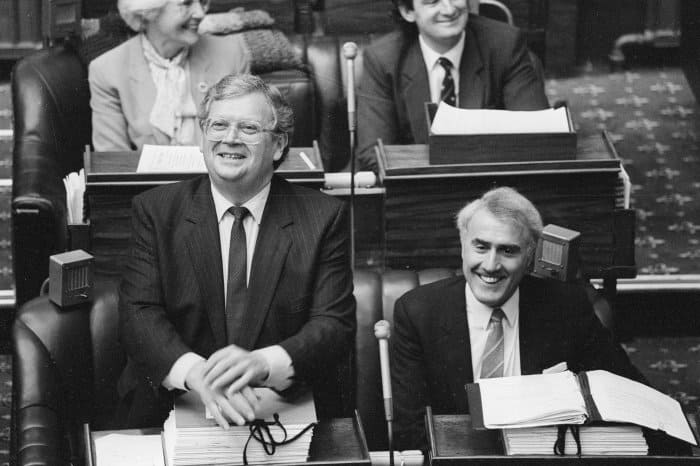 Another former Labour leader who had an almost tragicomic reign as Prime Minister is Geoffrey Palmer. Not the most charismatic performer, Palmer is characteristically blunt and to-the-point in conversation.
Another former Labour leader who had an almost tragicomic reign as Prime Minister is Geoffrey Palmer. Not the most charismatic performer, Palmer is characteristically blunt and to-the-point in conversation.
“Nothing could get me back into politics,” he says. “I’m much happier to be out of it. In politics you are so busy all the time that you don’t have time to think, to read. There is no time to nourish the intellect.”
What about the public recognition? “There’s no fun in being recognised and stopped in the street all the time. It has absolutely nothing going for it.”
“In politics you are so busy all the time that you don’t have time to think, to read. There is no time to nourish the intellect.” – Geoffrey Palmer
Palmer says it was his interest and expertise in environmental law and public law which took him into politics, but he never intended to be a career politician.
These days, he is practicing and teaching law. He spends three days a week at a Wellington law firm, is a professor of law at Victoria University, and teaches at the University of Iowa for one semester (four months) each year.
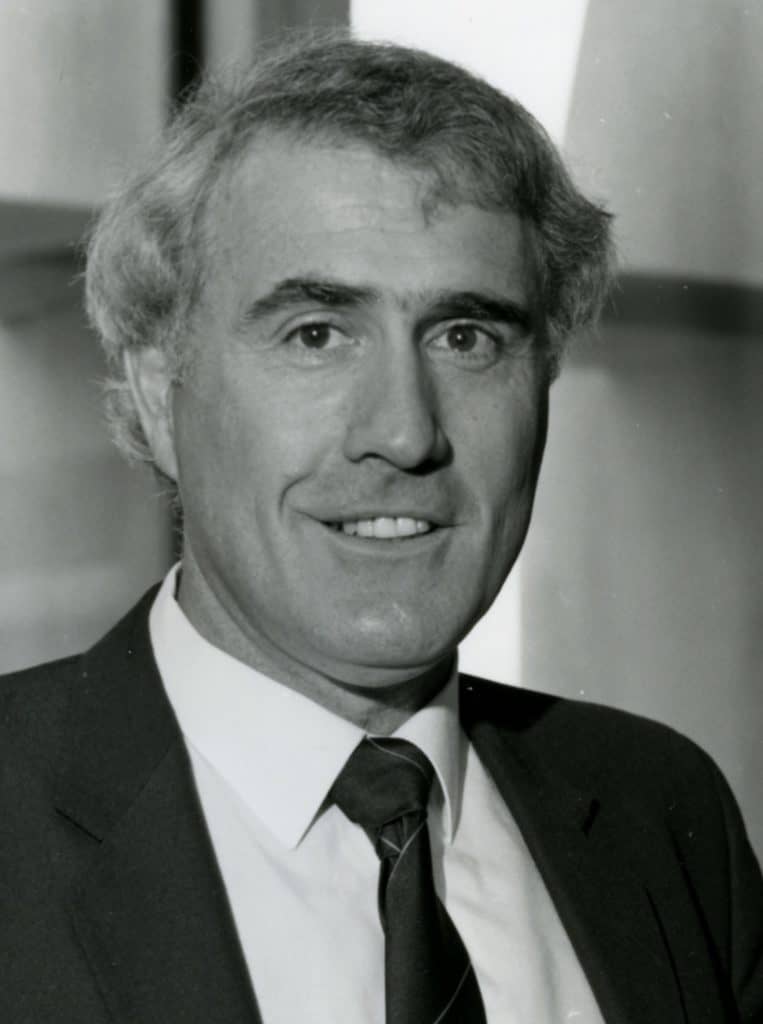 In addition, Palmer is a dedicated writer of tomes for the intellectually enhanced: his sixth book will be published this year in the United States, International Environmental Law And World Order.
In addition, Palmer is a dedicated writer of tomes for the intellectually enhanced: his sixth book will be published this year in the United States, International Environmental Law And World Order.
Palmer sees his specialty subject, together with his mix of appointments and the yearly travel, as a “built in way to limit the boredom threshold… I have managed my whole career to stop the boredom.”
+ 2021 update – Palmer went on to great achievement and further accolades in a variety of roles that utilised his legal acumen.
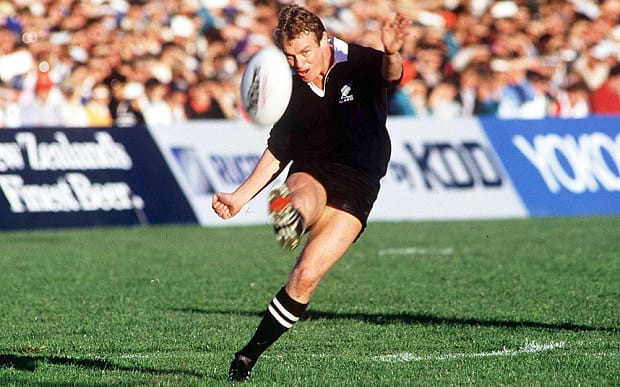 While Palmer as leader is already a distant memory, it seems only yesterday that Grant Fox was a bona fide Kiwi hero, leading his All Blacks to victory… or as it was in ’91, to defeat.
While Palmer as leader is already a distant memory, it seems only yesterday that Grant Fox was a bona fide Kiwi hero, leading his All Blacks to victory… or as it was in ’91, to defeat.
Fox describes this as one of his roughest periods: “We didn’t succeed in the ’91 World Cup. I was suffering formwise. And I was under heavy scrutiny in the media and through talkback radio and armchair experts. That was a pretty rough time. Not an easy thing to go through.
“But I look back on it now and say it was a huge learning experience for me, actually beneficial. If I had my time over again, I wouldn’t swap it. I came out of it a better player and a better person.”
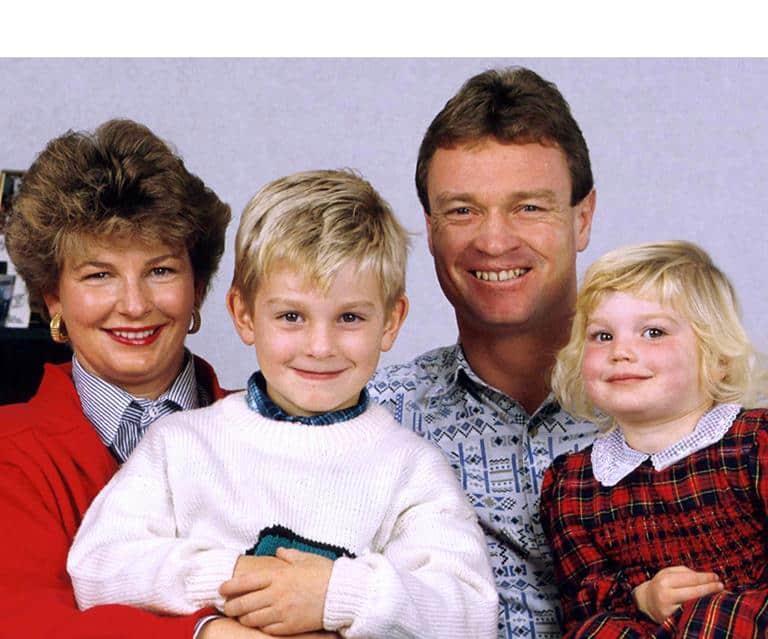 When Fox finally retired from rugby he had already worked out his gameplan for the future, and reckons it wasn’t a shock to the system:
When Fox finally retired from rugby he had already worked out his gameplan for the future, and reckons it wasn’t a shock to the system:
“It wasn’t a difficult decision to make. I’ve been working for some years now towards cementing a business career. In my last few years in rugby, I’d been sort of mixing the two, trying to get to the point where I’ve got a long-term vocation. The transition wasn’t too difficult at all.”
“To be perfectly honest, heading back towards anonymity won’t worry me too much at all.” – Grant Fox
And does he miss the public clamour? “I accepted it as part of the lifestyle,” says Fox. “I was doing something I really enjoyed doing, I had a passion for it. I was fortunate to play rugby at a very high level but part of the trappings is the extensive media coverage. To be perfectly honest, heading back towards anonymity won’t worry me too much at all.”
So, what does Fox do with his days now? “I’m the managing director of Carnegie Sports International New Zealand Limited, formerly Harvard Sports Marketing. Our principal business is corporate ground signage, corporate hospitality, and we have a talent agent agreement with Allblack Promotions Ltd.”
How does business compare to rugby? “You can’t make the comparison,” says Fox. “I enjoy being in a managing role, and I think that I can take from my rugby days an awful lot of skills, particularly about teamwork and people skills. Because in a rugby team you’ve got to be able to get on as one big happy family and be self-motivated and know what motivates others.”
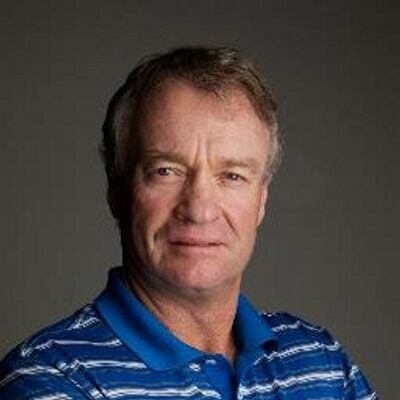 And is family man Fox moulding his son in dad’s footsteps? “He loves rugby, but he’s only seven. He loves doing it and I think it’s good for him. I want my kids to play sport, particularly team sport. But if my son chose soccer or something like that, no problem!”
And is family man Fox moulding his son in dad’s footsteps? “He loves rugby, but he’s only seven. He loves doing it and I think it’s good for him. I want my kids to play sport, particularly team sport. But if my son chose soccer or something like that, no problem!”
+ 2021 update – The year after this story Grant Fox was appointed a Member Of The Order of the British Empire for services to rugby. He is now a TV sports commentator and All Black selector.
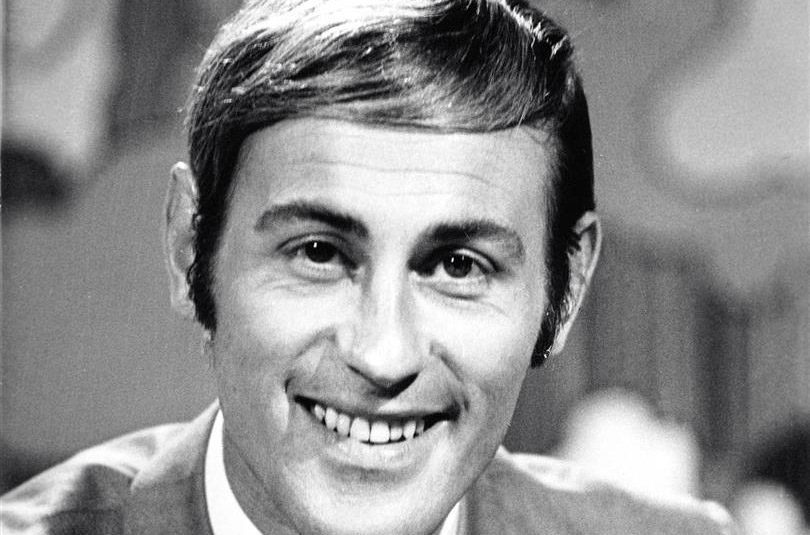 There are two people who stand alone in the New Zealand Hall of Fame: Pete Sinclair and Max Cryer were Kiwi celebrities way before there were Kiwi celebrities. And they’re the ultimate examples of what this story proves: that while the star may fade a little, or it might move to a new plateau, in good old NZ it never goes out completely.
There are two people who stand alone in the New Zealand Hall of Fame: Pete Sinclair and Max Cryer were Kiwi celebrities way before there were Kiwi celebrities. And they’re the ultimate examples of what this story proves: that while the star may fade a little, or it might move to a new plateau, in good old NZ it never goes out completely.
“I wouldn’t do it again. Anything rather than go into this business,” exclaims Peter Sinclair in his trade-mark faster-than-the-speed-of-light patter. There comes a point where it’s too late, when too much of yourself is invested in it, and you’re trapped.
“It’s such a tiny country that once you’re there you’re there. It’s a lifetime appointment.”
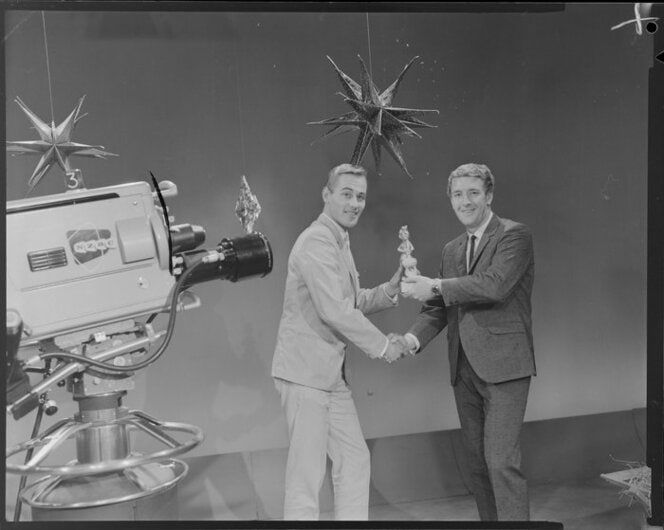 Sinclair was right there at the beginning of pop culture’s awakening in NZ: “I took over from Selwyn Toogood as King DJ in the early ‘60s, and Neville Chamberlain who made the fatal mistake of deciding not to play The Beatles.”
Sinclair was right there at the beginning of pop culture’s awakening in NZ: “I took over from Selwyn Toogood as King DJ in the early ‘60s, and Neville Chamberlain who made the fatal mistake of deciding not to play The Beatles.”
Then there’s C’mon and Happen Inn, the two seminal pop shows on television, which Sinclair hosted like a ghostly black and white predecessor to computer-generated Max Headroom two decades later.
Sinclair admits that he dislikes television, and doesn’t even own a TV set. “I belong to the last of the book generation. If I try and watch telly I just get restless.”
“You lose a friend, and either they weren’t much of a friend, or you were so much of a prick that you were only worth knowing when you were famous!” – Peter Sinclair
Performing on the box, he says, is just about as intolerable: “In the early days of television we used to do all of our shows live, and that was fun-fun-fun, but once we started taping it got very boring… I got bored out of my mind!”
“There’s something profoundly communicative about radio,” he says. I like the immediacy.”
Which is all very well and good, because Sinclair is off television and on radio, running a late-night easy listening show, Love Songs To Midnight, which is syndicated around the North Island.
Sinclair – who in the early days of television was sometimes “escorted away from broadcasts in the back of a police car with a blanket over me”, such was the degree of fandom – says that he didn’t get any kind of buzz from the attention.
“No, it didn’t do it for me. I just accepted it rather like the weather. People screaming at me in the street, it’s like a sudden shower!”
Sinclair says one of the happiest times of his life was when he walked off the job in 1972, seeking an anonymous life. “I said ‘it’s been fun, a nice rollercoaster ride, I’m off now’, and went into the pottery business. The sensation was one of an enormous relief and a sense of freedom.”
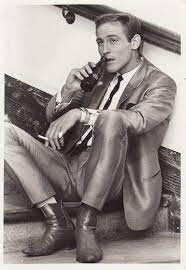 I wonder if Sinclair discovered who his true friends were when he was out of the spotlight.
I wonder if Sinclair discovered who his true friends were when he was out of the spotlight.
“You never lose any friends, just the people who want to be made a star, or who want to be seen with you because you’re famous. They’re not friends, just boring people, groupies! You lose a friend, and either they weren’t much of a friend, or you were so much of a prick that you were only worth knowing when you were famous!”
+ 2021 update – By the late ‘90s Peter Sinclair was writing about this new-fangled thing the Internet for the NZ Herald. Sadly, he died from leukaemia at 62 in 2001.
Max Cryer was also there at the beginning of television in New Zealand, and he’s one of those people who, while you can’t quite remember when you last saw him on the telly, you never quite forget either.
The well-preserved Cryer admits that he’s not immune to the effects of public attention. “I don’t think anyone could deny that walking away from the letterbox with a handful of stuff is not better than walking away with two leaflets from The Warehouse!”
In one edition of the New Zealand Who’s Who, the editor refused to include Cryer on the basis that ‘we do not print people who are well-known simply for being well-known.’ Cryer himself admits that this statement “has a hint of truth”, but points out that subsequent editions of the book “said that I was a pioneer.”
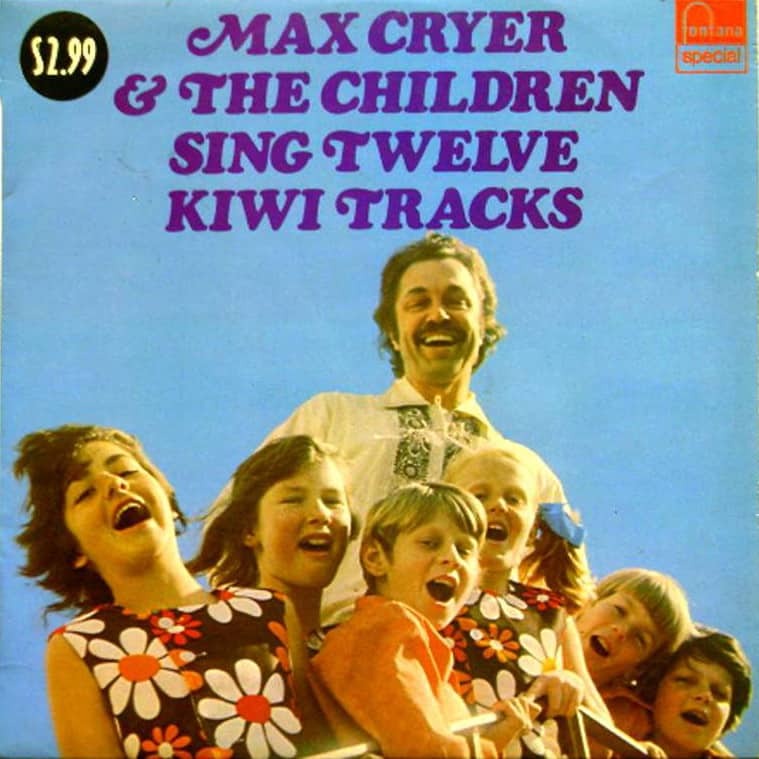 What this means is that Cryer has been, in effect, a jack-of-all-trades on TV, radio, and in and out of various spheres of showbusiness for over three decades. While there is a generic Max Cryer that everyone recognises, very few people know the sometimes bizarre twists and turns of his media career. And the same is true – to a lesser extent – of most of the people in this feature.
What this means is that Cryer has been, in effect, a jack-of-all-trades on TV, radio, and in and out of various spheres of showbusiness for over three decades. While there is a generic Max Cryer that everyone recognises, very few people know the sometimes bizarre twists and turns of his media career. And the same is true – to a lesser extent – of most of the people in this feature.
“I don’t think anyone could deny that walking away from the letterbox with a handful of stuff is not better than walking away with two leaflets from The Warehouse!” – Max Cryer
“I was the first national television gameshow host, the first national quiz host, the first start of a colour television entertainment special. But I was also the ring announcer for the wrestling series On The Mat. Gordon McLauchlan once wrote about me that I had done everything on television except read the weather. I will if anybody pays me!”
But television is off the agenda right now. Cryer hasn’t been asked to do any television work since the opening of the Aotea Centre in 1990, although his engagement book is bursting with activity.
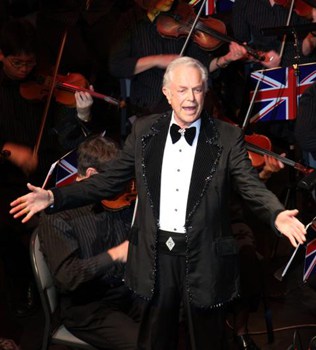 These days, Cryer has returned to school, where he tutors 6th and 7th form students at Auckland Girls’ Grammar. “Being a teacher is mindboggling and time-consuming. Teaching is either something you can do or can’t but the paperwork and the changes demanded by bureaucracy are extremely mindboggling at times.”
These days, Cryer has returned to school, where he tutors 6th and 7th form students at Auckland Girls’ Grammar. “Being a teacher is mindboggling and time-consuming. Teaching is either something you can do or can’t but the paperwork and the changes demanded by bureaucracy are extremely mindboggling at times.”
The schoolgirls don’t really know Cryer’s famous past, but they started asking questions after he had to take a day off to MC for Prince Charles, and took several weeks off to be “someone who was a liaison between the Maori performers and the television director” at Kiri Te Kanawa’s 50th birthday BBC celebration in the UK.
Cryer is wont to get a little irritated at people asking him the same questions over and over again. “People frequently ask me when I’m going to sing with the children again. That’s 20 years gone! When am I going to sing with Ray Columbus again… I only sang with him twice, one was 20 years ago and one was 30 years ago. I get tired of choosing the words to diplomatically say that television hasn’t asked!
“But I’m terribly busy, and if a television offer should come, I’m afraid my first question will be ‘how much?’”
And at the end of it all, that’s the bottom line. Name a price!
+ Max Cryer went on to establish himself as a renowned author of books on general knowledge. He died, at 86, on 25 August this year.

